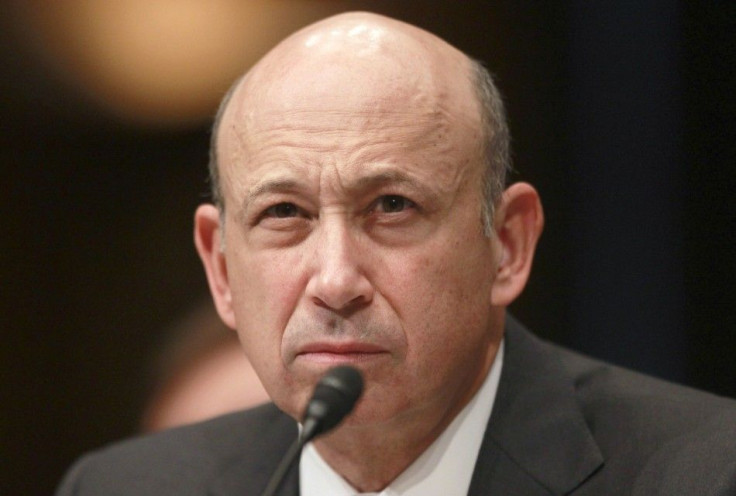Goldman Sachs Stock Below Book Value: Time To Buy?

Shares of Goldman Sachs Group Inc. (NYSE: GS) are currently trading below book value, which arguably presents a rare opportunity for retail investors to buy into the storied Wall Street bank at a significant discount.
In the past, you would have to work 20 hours a day for 10 years to have the chance to buy Goldman Sachs stock at book value, should you be made a partner. Now you can buy in at a considerable discount to book value without even getting out of bed, Gifford Combs, managing director at Dalton Investments, wrote in December.
Book value is the value of a company as it appears on a balance sheet. But this metric doesn't include a company's ability to generate profits with its assets, so most stocks tend to trade above their book value.
In 1998, when Goldman Sachs first moved to go public, it envisioned its stock selling around four times book value, according to Fortune magazine.
Goldman's plans for an initial public offering were put on hold until 1999, due to a financial crisis. That year, it successfully transitioned to a publicly traded company, with shares at three times book value.
Its partners had assumed Goldman would always be worth more than its book value. That's why they consider the privilege of buying into the company at book value a major boon. It's worth noting that Goldman marks down its assets to market value more aggressively than its peers, meaning that a dollar of its value is, for practical purposes, worth more.
By June 2011, however, the stock had dipped below the company's book value. Up to then, Goldman prided itself on the shares' above-book performance while shares of its Wall Street rivals were trading below book, according to the New York Times' DealBook blog.
Goldman currently trades at a mere 0.86 times its book value, while stocks of most other Wall Street banks remain below. Goldman shares were at $117.57 Friday afternoon, around the midpoint of their 52-week range.
Now, some have turned bullish on the stock.
Dick Bove, a banking analyst at Rochdale Securities, upgraded Goldman twice last year -- from sell to neutral in August and neutral to buy in October.
This stock is not going to sell below book value when asset values are rising, Bove said in a research note.
Brennan Hawken, a banking analyst with UBS, has a buy rating on Goldman and a price target of $140, based on the shares trading at 1.1 times book value.
Goldman continues to run a strong franchise, although recent results have been more subject to environmental pressure than we expected, Hawken wrote. We believe regulatory overhangs could exist in the near-term, but current valuations present an attractive long-term value.
Goldman and other banks surely have been battered by environmental pressure, including regulatory threats and the ongoing risk-deleveraging process in Western countries. In fact, that's why so many stocks are trading below book value.
But on Wall Street, the notion of Goldman Sachs exceptionalism persists -- that the premier financial institution can rise above the troubles in its industry. One manifestation of this belief is that Goldman stock historically has commanded a premium to the company's book value.
If the exceptionalism idea is valid, then Goldman may be the one Wall Street bank that deserves to trade above book value, even in today's environment.
© Copyright IBTimes 2024. All rights reserved.











